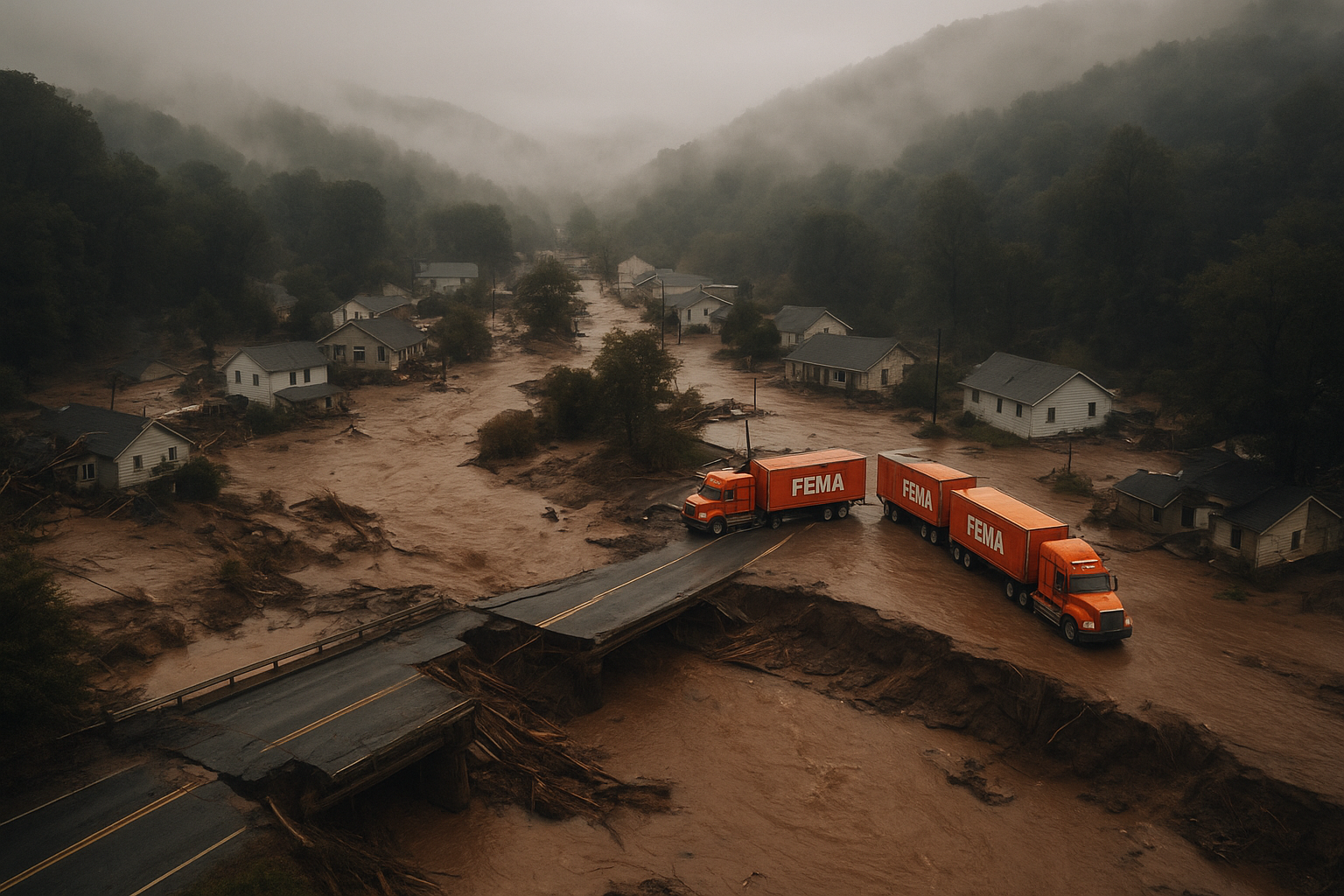FEMA NC Helene Funds: $2.3B Disaster Recovery Breakdown

The Department of Homeland Security has authorized $2.3 billion in FEMA North Carolina Helene funds for long-term recovery from 2024’s catastrophic Hurricane Helene. Announced August 8, 2025, this allocation targets persistent rebuilding gaps in Appalachia and coastal communities still reeling from $18B+ in damages. With 12,000+ families awaiting housing solutions, we analyze how these FEMA disaster relief dollars will address infrastructure collapse, bureaucratic delays, and climate resilience.
Breaking Down the $2.3B Allocation
FEMA’s funding package prioritizes three critical areas:
| Category | Amount | Scope | Timeline |
| Housing & Sheltering | $1.1B | 5,800 new storm-proof homes | 2025-2027 |
| Infrastructure | $750M | Bridge repairs, grid hardening | 2025-2026 |
| Community Grants | $450M | Small business recovery loans | Immediate |
Source: DHS Fiscal Disclosure
Why Relief Took 10 Months to Reach Communities
Bureaucratic hurdles slowed distribution:
- Environmental reviews: 120+ days for landslide-risk zone approvals
- Local capacity gaps: 15 counties lacked grant management staff
- Fraud safeguards: Enhanced vetting after 2024 fraud cases
Asheville Mayor Esther Manheimer stated: “Every delay compounds trauma for displaced families.”
Ground Zero Report: Western NC’s Unmet Needs
Despite previous aid, critical gaps remain:
- Housing: 4,200 households still in FEMA trailers
- Economy: 30% of small businesses permanently closed
- Health: 12 communities without restored drinking water
Case study: Canton’s paper mill town—once employing 1,000—now a flood-ravaged ghost town awaiting $47M in FEMA manufacturing grants.
Political Fight Over “Disaster Capitalism”
Controversies emerged around fund distribution:
- Private contractor scrutiny: Halliburton subsidiary awarded $300M no-bid contract
- Equity disputes: Rural Black communities receiving 23% less per capita than white-majority areas
- Policy clash: GOP demands offsetting cuts to climate programs
Climate-Proofing: The New Recovery Mandate
FEMA’s funds include unprecedented resilience requirements:
- Rebuilt homes elevated 3+ feet above new flood maps
- Highway 40 bridges redesigned for 500-year storms
- Microgrid installations in all public facilities
“Rebuilding smarter isn’t optional anymore” — FEMA Administrator Deanne Criswell
Conclusion: Accountability in Recovery
The FEMA North Carolina Helene funds represent the largest disaster package in state history, yet success hinges on transparent execution. With climate disasters intensifying, this allocation becomes a test case for equitable, future-proof rebuilding.









